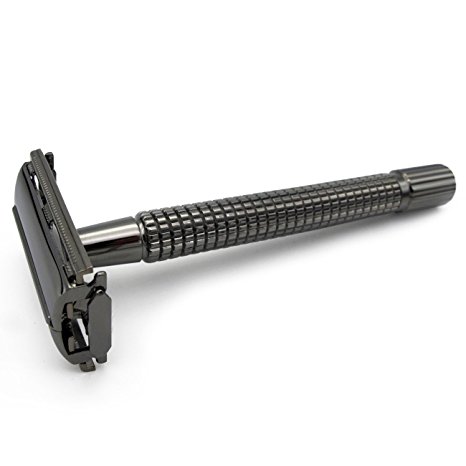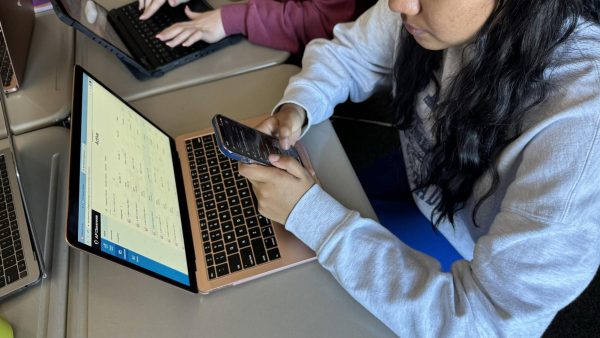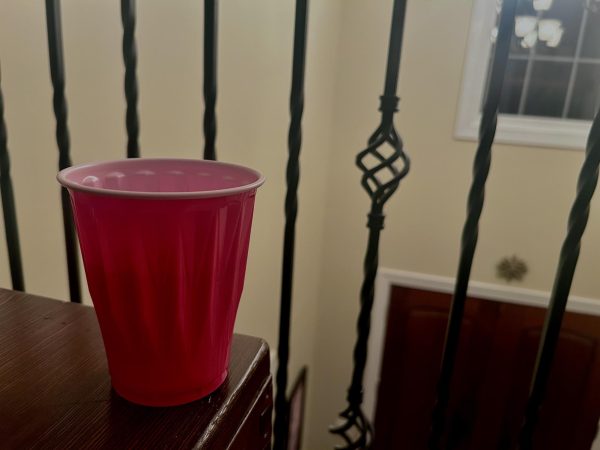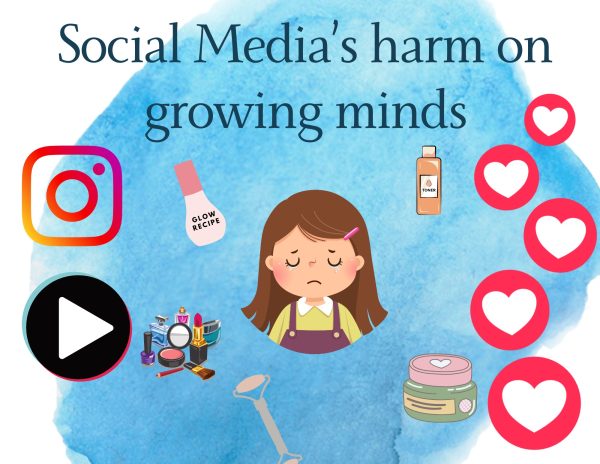Plastic consumes beaches across the globe, killing wildlife
After a whale was found dead with 64 pounds of plastic in its stomach, there must be a decrease in plastic use across the world.
Plastic controls our world; it can be found in the device you’re reading this on, the containers of most of the foods that are in your pantry, and nearly all of the packaging for every product on the market. There are very few instances where we aren’t bombarded by plastic, and there is so much of it in existence that it pollutes our globe, especially our oceans. There are countless photos and videos of beaches littered with plastic cups, straws, wrappers, and more, all of which will eventually end up in the oceans. These plastic products can eventually harm or kill the animals that call the ocean their home, even the wildlife that some people eat. There is no doubt that plastic consumption across the world, especially in America, has gotten out of control, negatively affecting the planet and the animals that inhabit it.
According to Forbes, a sperm whale was killed by plastic off of the coast of Spain in February. The whale went into gastric shock due to the 64 pounds of plastic that were found in its stomach. While this story made headlines, wildlife being killed or injured by plastic happens on a daily basis and doesn’t get the attention that it deserves. Plastic has started accumulating so heavily in our oceans that it has formed multiple ‘trash islands’, which are freestanding patches of plastic and other waste products that have been haphazardly tossed into the ocean, according to National Geographic. The only way to decrease the amount of plastic that is polluting our world and harming its inhabitants is to stop our use of plastic as much as possible.
Here are some ways that you can significantly decrease your plastic consumption and make the planet a healthier place:
- Use reusable straws or no straws at all.
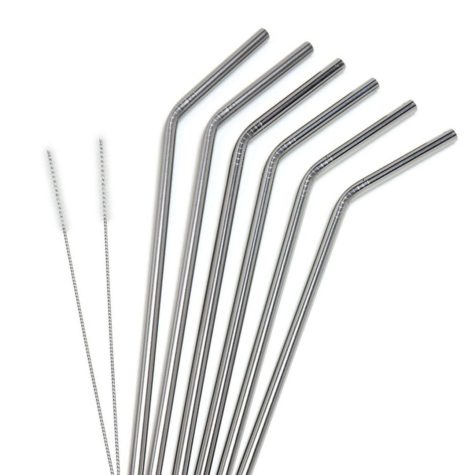
- Use stainless steel water bottles instead of single-use plastic bottles.
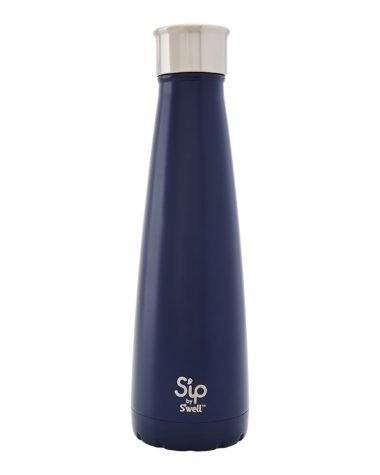
- Bring your own reusable bags and produce bags to the grocery store.
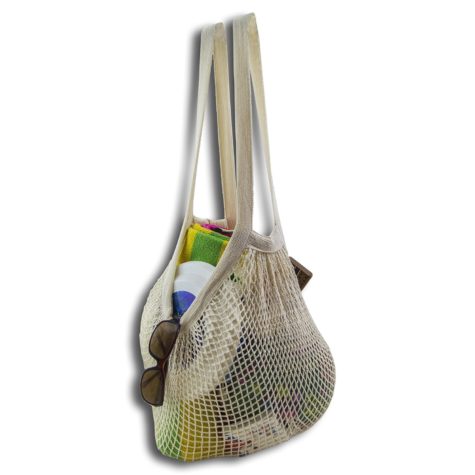
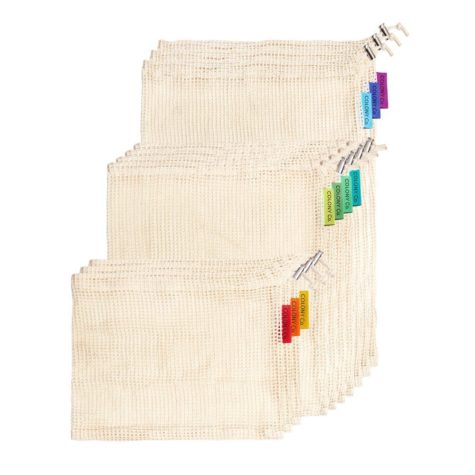
- Use reusable plastic wrap for your lunches.
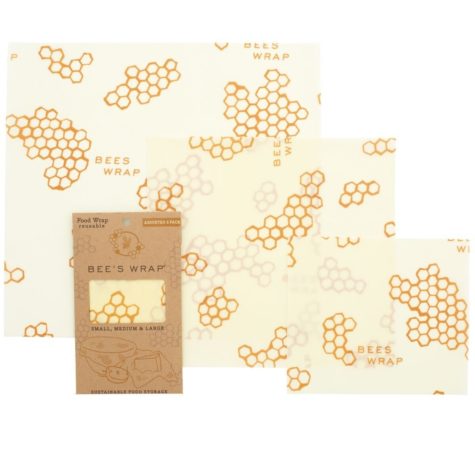
- Use reusable cotton pads when washing your face/taking off your makeup.
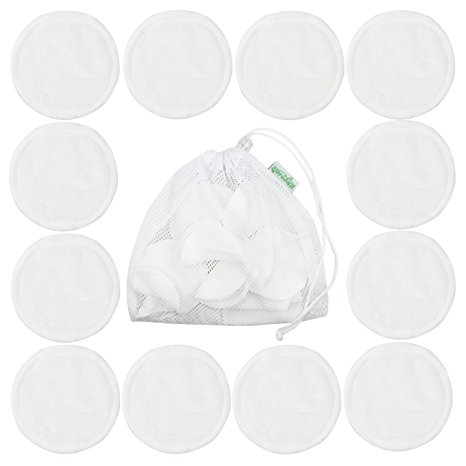
- Bring your own takeout containers to restaurants or pack your own lunch in reusable/recyclable containers.
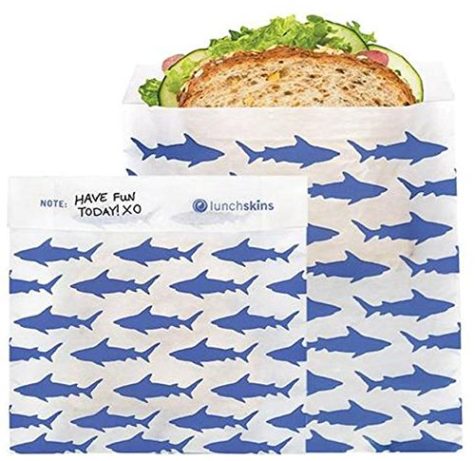
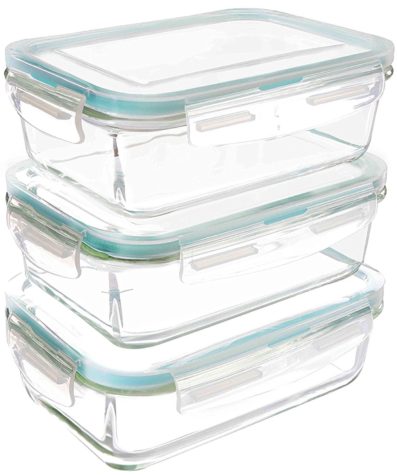
- Use metal or bamboo utensils when out to eat.
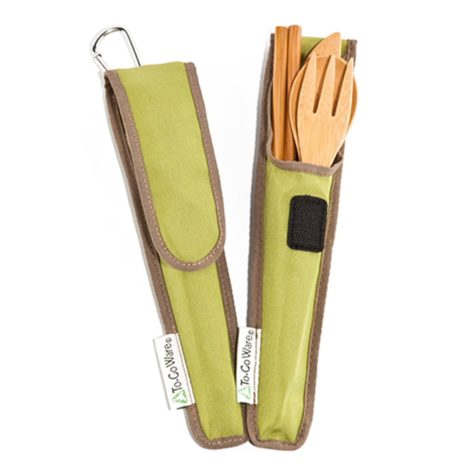
- Use a bamboo toothbrush.
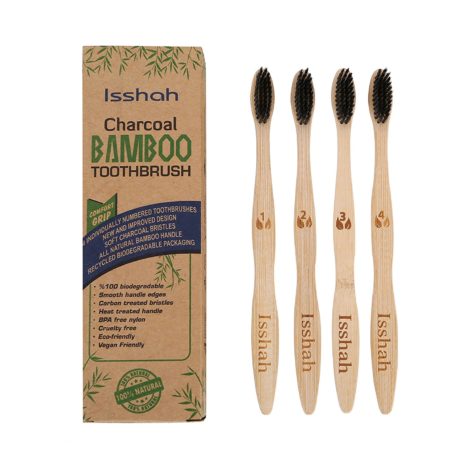
- Buy products with recyclable packaging or none at all.
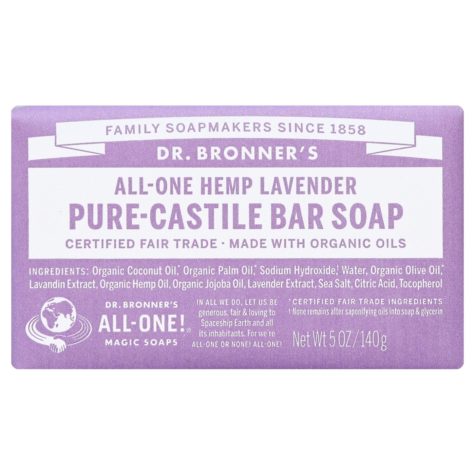
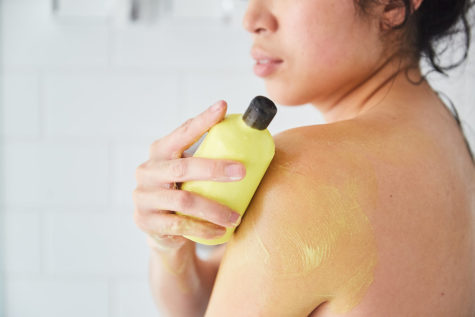
- Use reusable razors.
